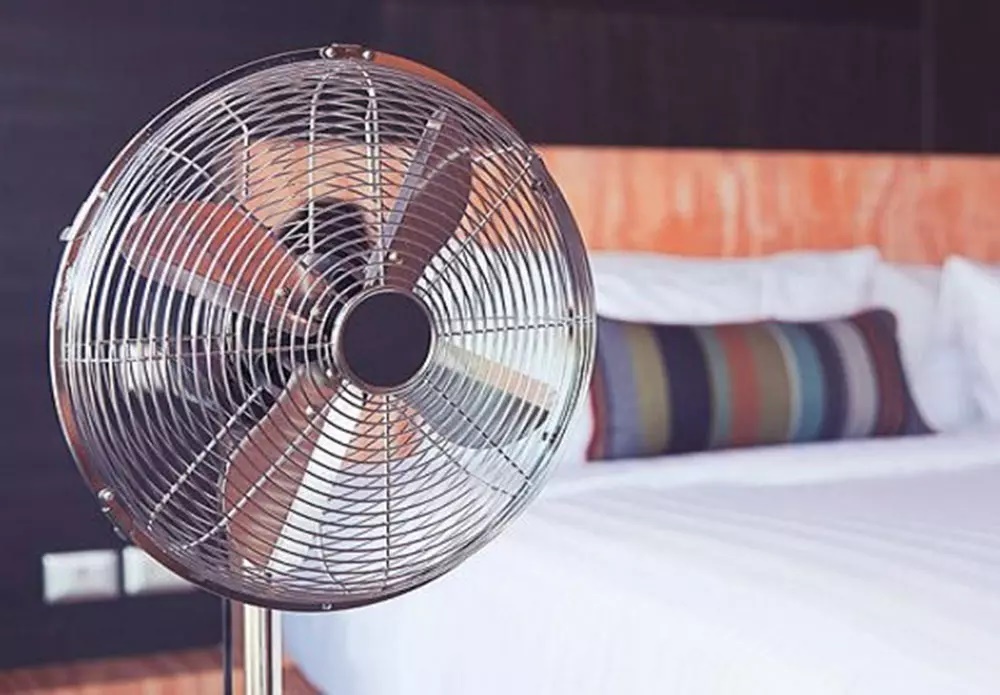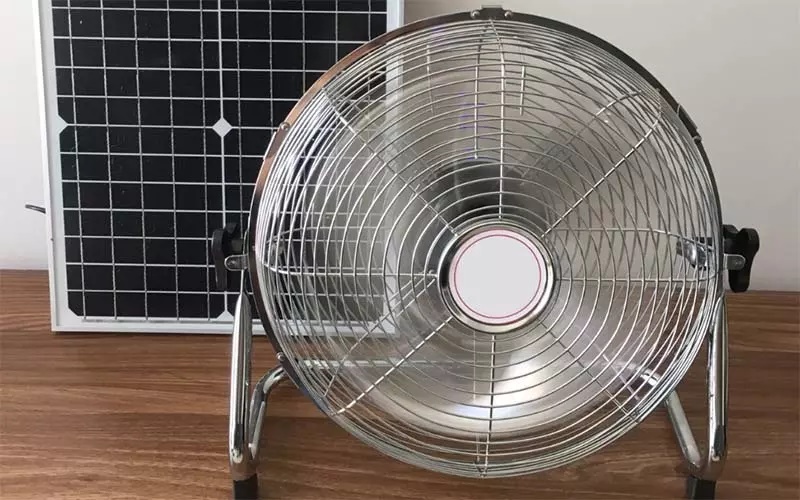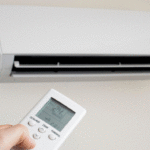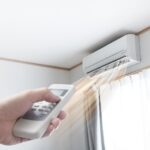Here are some tips for using electric fans safely and saving energy during the hot season:
Choose a fan with a suitable capacity
Higher capacity means higher electricity consumption. Therefore, it is best to opt for fans with a capacity that matches your room size. For small rooms, a fan with a capacity of 75-90W is sufficient for areas ranging from 12-15m2.

Choose a fan with a capacity suitable for your room size
Use the fan at a moderate speed
Typically, fans offer 2 to 3 speed settings. Selecting the highest speed will max out the fan’s capacity and electricity consumption. However, in dry and hot weather, using the fan at full blast may not be the most effective solution. Rapid and strong airflow can push hot air towards your body and cause your skin to lose moisture, enhancing that dry and stuffy feeling. Thus, it is recommended to opt for a gentle or moderate breeze to cool the air efficiently while conserving energy.
Limit the use of additional fan functions
Modern fans often come with various functions like ion creation, mist spraying, fragrance emission, and indicator lights. However, using multiple functions simultaneously increases electricity consumption. Additionally, excessive mist spraying can be detrimental to your health and may cause dampness in the room, leading to potential damage to electronic devices over time.
Utilize the timer function
Most fans are equipped with a timer. Take advantage of this feature to protect your health and save energy. Set the timer, especially when using the fan overnight, for about 30-60 minutes of operation, followed by a break of 15-20 minutes. This intermittent usage helps conserve energy and is healthier for your body.
Position the fan strategically

Choose a strategic position for your fan
The placement of your fan can significantly impact energy efficiency. By selecting an optimal position, you can cool down the space effectively and rapidly without relying on the highest speed setting. If you angle the fan towards areas with air circulation, such as open windows or skylights, the hot air will escape, improving ventilation. This strategy allows you to choose a lower fan speed while still achieving a comfortable temperature.
Replace old and malfunctioning fans
Electric devices that are past their prime tend to consume more energy. If your fan is approaching the end of its lifespan or showing signs of malfunction, consider replacing it. A new fan will not only ensure your comfort and safety but also contribute to energy conservation.
Turn off the fan during cleaning and maintenance
It is unsafe and unwise to clean a fan while it is spinning. Additionally, ensure that the cleaning cloth is dry, and all parts are completely dry before reassembling. For fans with water reservoirs, like mist or humidifying fans, always turn off the power and empty the water before refilling, even if you’re using it in a standard fan mode.
Keep water away from the fan’s internal components
Water seepage into the fan can cause rust and electrical short circuits. Always keep your fan dry, and if it’s not in use for an extended period, air it out in the sun for a few hours to prevent moisture buildup and electrical leakage.
Turn off and unplug the fan when not in use
Many people leave their fans running when they go out or move to another room, wasting valuable energy. Remember to turn off the fan when you don’t need it, and unplug it from the power source. This practice saves energy and reduces the risk of fire or fan damage due to electrical faults.
These tips will help you use your electric fan safely and efficiently during the hot season, keeping you cool and comfortable while conserving energy.
According to Vietnamnet
The Ultimate Guide to Slashing Your Energy Bills: 3 Fridge Essentials
The efficient use of refrigerators to save energy is a topic of interest to many. With rising energy costs and a growing awareness of environmental sustainability, it’s no wonder that homeowners are seeking ways to optimize their refrigerator usage. The key lies in understanding the intricacies of these appliances and employing strategic practices to reduce energy consumption without compromising on functionality. This introduction sets the tone for an informative guide that promises to empower readers with practical tips and insights for achieving energy efficiency in their refrigerator usage.





































